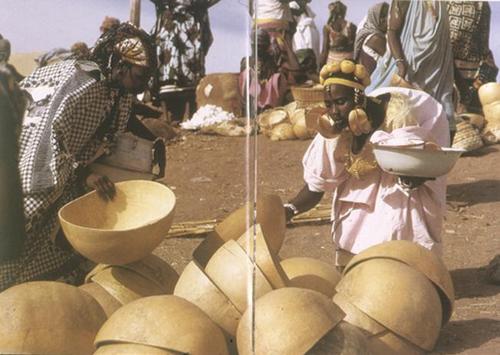Due to the unstable political situation in Mali, this program is suspended until further notice. Please visit the OCS office to discuss alternative programs.
This program is aimed at introducing students to the rich culture and history of Mali as well as its daily existence as one of the most economically challenged countries in the world. Located in the center of West Africa, Mali (formerly called the French Soudan) is dotted with cities such as Segou, Timbuktu, Jenne, and Mopti, where the blending of Islam and Black African traditions in the Middle Ages and the rich tradition of cross-cultural exchange have created one of Africa’s most inviting and prepossessing cultures. A country of many ethnic groups--such as the Bambara, Malinke, Fula, Khassonke, Tuareg, Songhai, Dogon, and Senufo--modern Mali was shaped by the rich political and cultural legacy of the Empire of Mali (11th century to the 14th century), the prestige of which is celebrated to this day through a vibrant tradition of epic songs, narratives, and unique performance and plastic art forms. Emerging in 1960 from many decades of French colonial domination and in 1991 from the stranglehold of one-party politics and military rule, Mali has been experiencing many successes on its road to democracy, with several political parties, a vocal independent press, and a free market economy.
FACULTY DIRECTOR
Chérif Keïta, Professor of Francophone Studies
Chérif Keïta has been at Carleton since 1985, where he teaches French and courses on Francophone African and Caribbean literature, African cinema, and Mande culture. He has directed four Carleton French language and culture programs to Pau and Paris and one St. Olaf interim in South Africa. A native of Mali, he grew up in Bamako, the capital city of Mali, where the Carleton program will be based.
Click here to watch a video from a Lehigh University researcher about his study of the tension between modern and traditional marriage practices in Mali.
